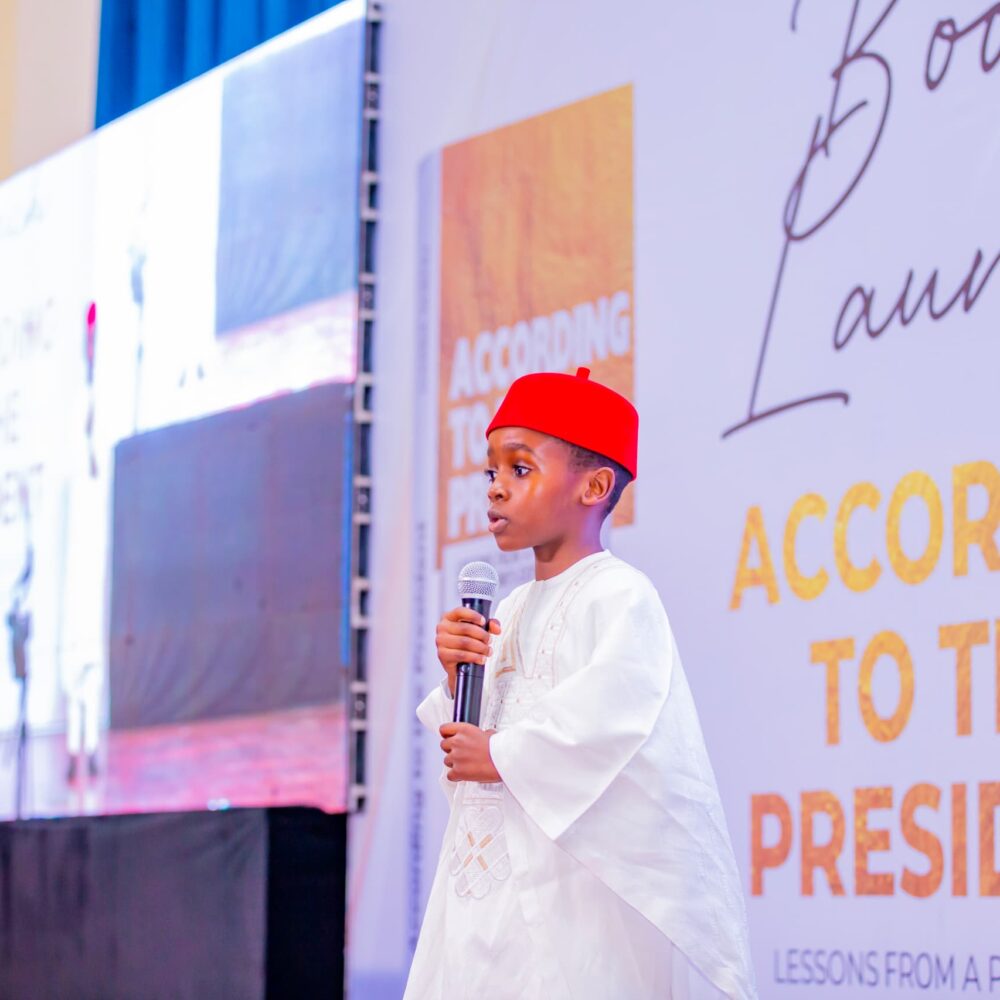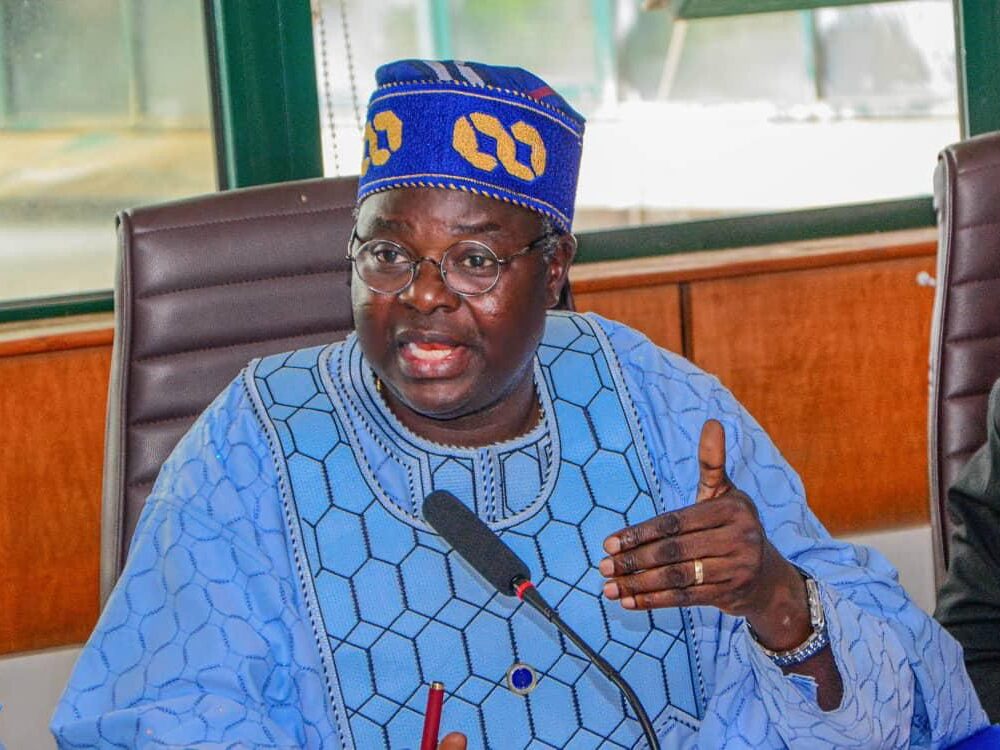Ahmad Ibrahim Lawan, the Distinguished Senator from Yobe North in Yobe State who is currently serving his seventh consecutive term in the National Assembly, turns 65 on Friday January 12. Lawan was the President of the Ninth Senate, which four-year tenure ended in June 2023. However, his legacies on that eminent seat continue to speak for him.
Lawan as Senate President and Chairman of the Ninth National Assembly presided over an era in which many legislative jinxes were broken.
At the time of his emergence as Senate President in 2019, many Bills had become “demons” for defying repeated attempts over many years or even decades to pass them into laws. It was like the Ninth Assembly deliberately picked on those difficult legislations and dealt with them to make a strong statement of its determination to serve the people.
The Ninth Assembly’s first notable feat in this respect was resetting and stabilizing the national budget cycle. Nigeria runs a January to December financial year. But at some point in the Fourth Republic, this calendar was lost as a result of late passage of Appropriation Bills.
By 2019, it was no longer certain when the fiscal year would begin or end as the Appropriation Bill was often still being processed in Parliament even by the first quarter of the year. But the Ninth Assembly decisively dealt with this anomaly and restored the fiscal year to its January to December cycle. This makes the system predictable and reliable for economic planning and investments.
However, the Deep Offshore and Inland Basin Production Sharing Contract CAP D3 LFN 2004 was the first “demon” to be crushed by the Ninth Assembly. That Law was long overdue for amendment as Nigeria had been heavily shortchanged for many years in her share of oil proceeds. Although the unfair sharing arrangement was there for all to see, those it benefited employed all manners of subterfuge to delay necessary amendment to the law. That was until Ahmad Lawan arrived on the scene as Senate President.
The Deep Offshore and Inland Basin Production Sharing Contract CAP D3 LFN 2004(Amendment) Bill 2019 was quickly introduced, first at the Senate. After passage by the Upper Chamber, the House of Representatives concurred without much rituals. The Bill was transmitted to the presidency immediately after passage by the two chambers. President Muhammadu Buhari was in London (on medicals) where he signed the Bill into law without delay. The evidence is there for all to see that since the amendment of this law, Nigeria’s share of oil proceeds has increased significantly.
The Petroleum Industry Bill, otherwise referred to as PIB, was another “demon” slayed by the Ninth Assembly under the leadership of Lawan. The Bill had repeatedly moved back-and-forth between the Executive and Parliament. At some point, the Bill was split into three or four and became almost unrecognisable from its original form. The Ninth Assembly confronted the “demon” headlong and delivered for Nigeria the Petroleum Industry Act 2021.
Another example is the Electoral Act 2022 which was widely praised as a game changer ahead of the 2023 General Election. The legislation had suffered a series of setback in the Eighth Assembly, largely due to the rancorous relationship existing then between the Legislature and the Executive. But because Ahmad Lawan’s leadership toed a different route in that relationship, the Ninth Assembly was able to enact a law that was acceptable to Nigerians.
The Ninth Assembly delivered many other legacy Bills that had failed passage in the previous Assemblies. As a result, President Muhammadu Buhari in his second term assented to an unprecedented number of Bills, allowing him to sign into law more Bills than any of his predecessors.
All these were possible because of the smooth workings within the Parliament and productive strategic engagements with the other arms of government, particularly the Executive.
In the immediate period before the 2019 change of guards, the National Assembly had a rancorous relationship with the Executive and this adversely affected service delivery by the government to the people. But Lawan, from the outset of his leadership in 2019, promised to pursue an harmonious working relationship with the Executive without compromising the independence of the Legislature. This he achieved with ample evidence. Even critics of his leadership admit that his style cemented stability in the Upper Chamber of the National Assembly and engendered harmony in governance generally at the federal level.
This piece is just to reflect briefly on some significant achievements recorded in the immediate past session of the National Assembly and to wish the Sardaunan Bade, “Senate President Emeritus,” His Excellency Ahmad Ibrahim Lawan, a happy birthday and many happy returns of the day.
*Awoniyi was the Media Adviser to President of the Ninth Senate





